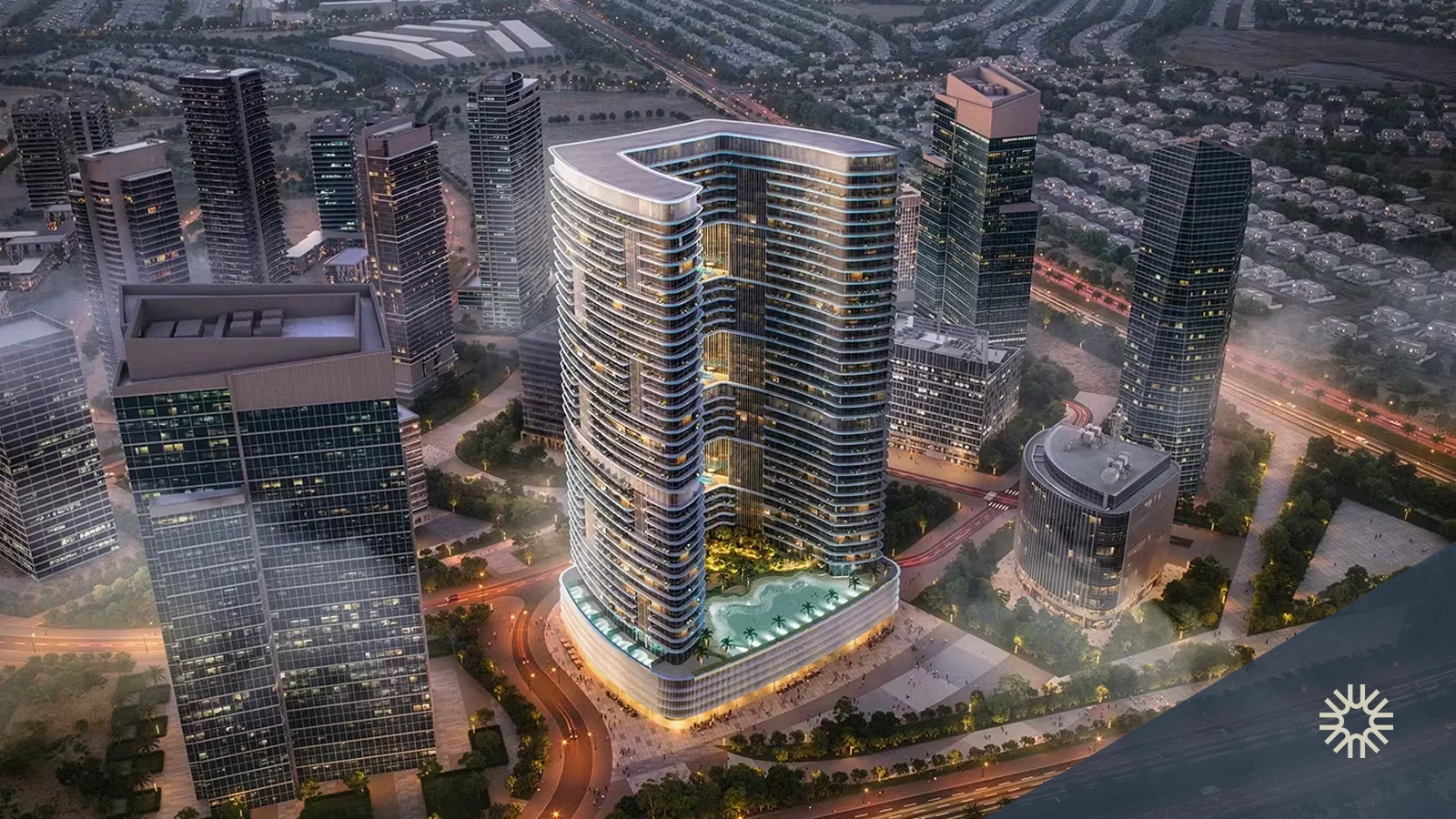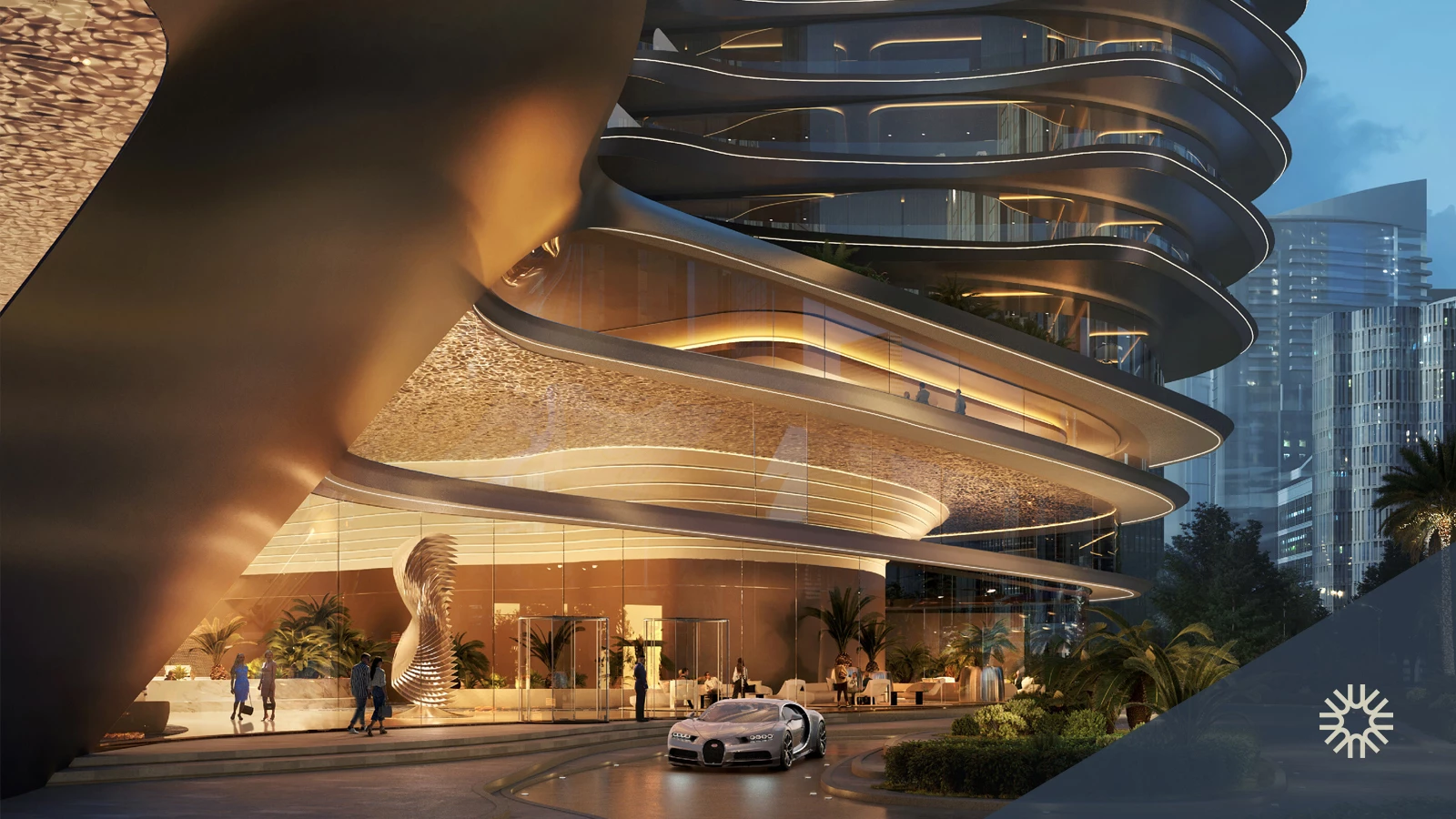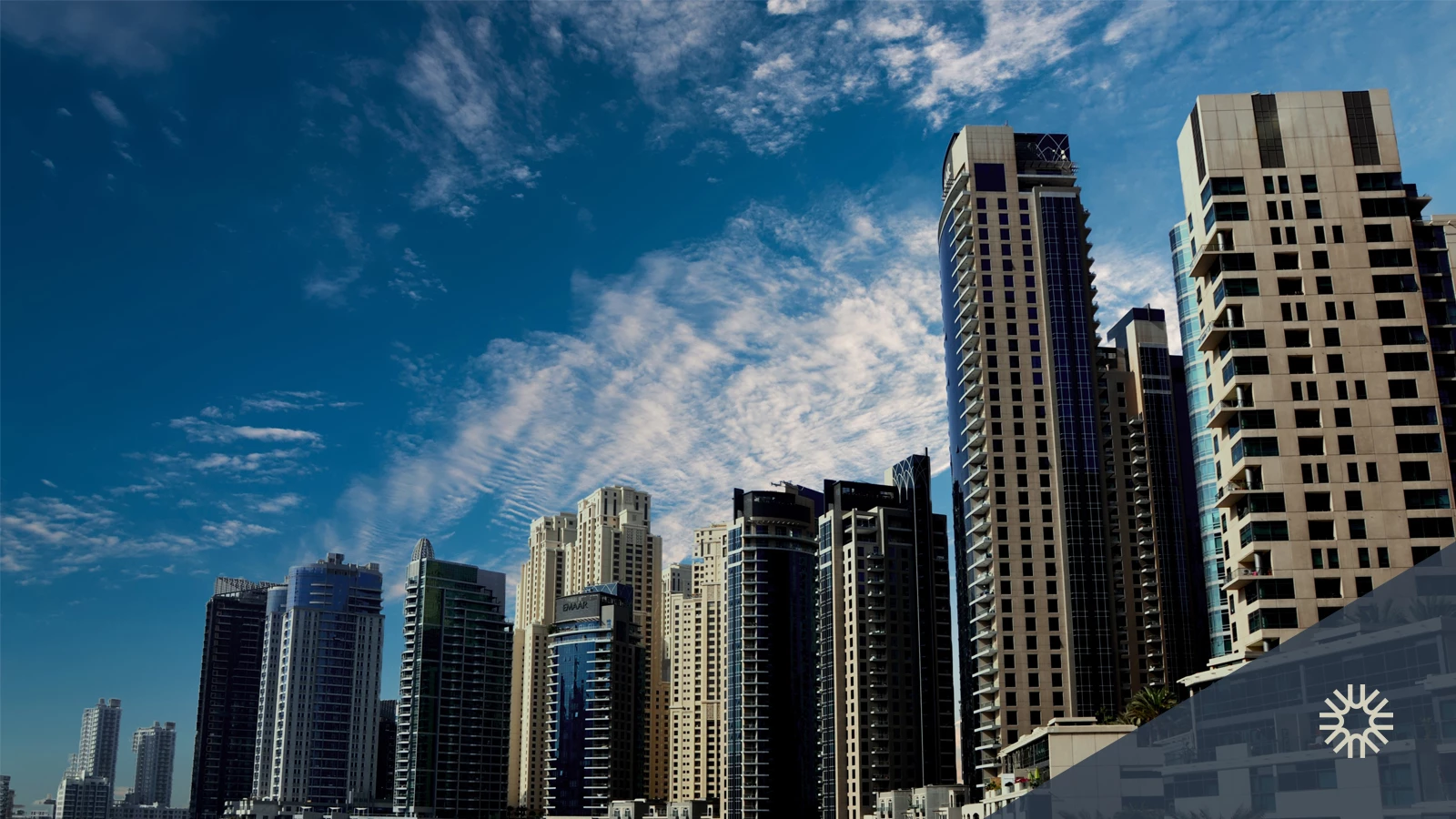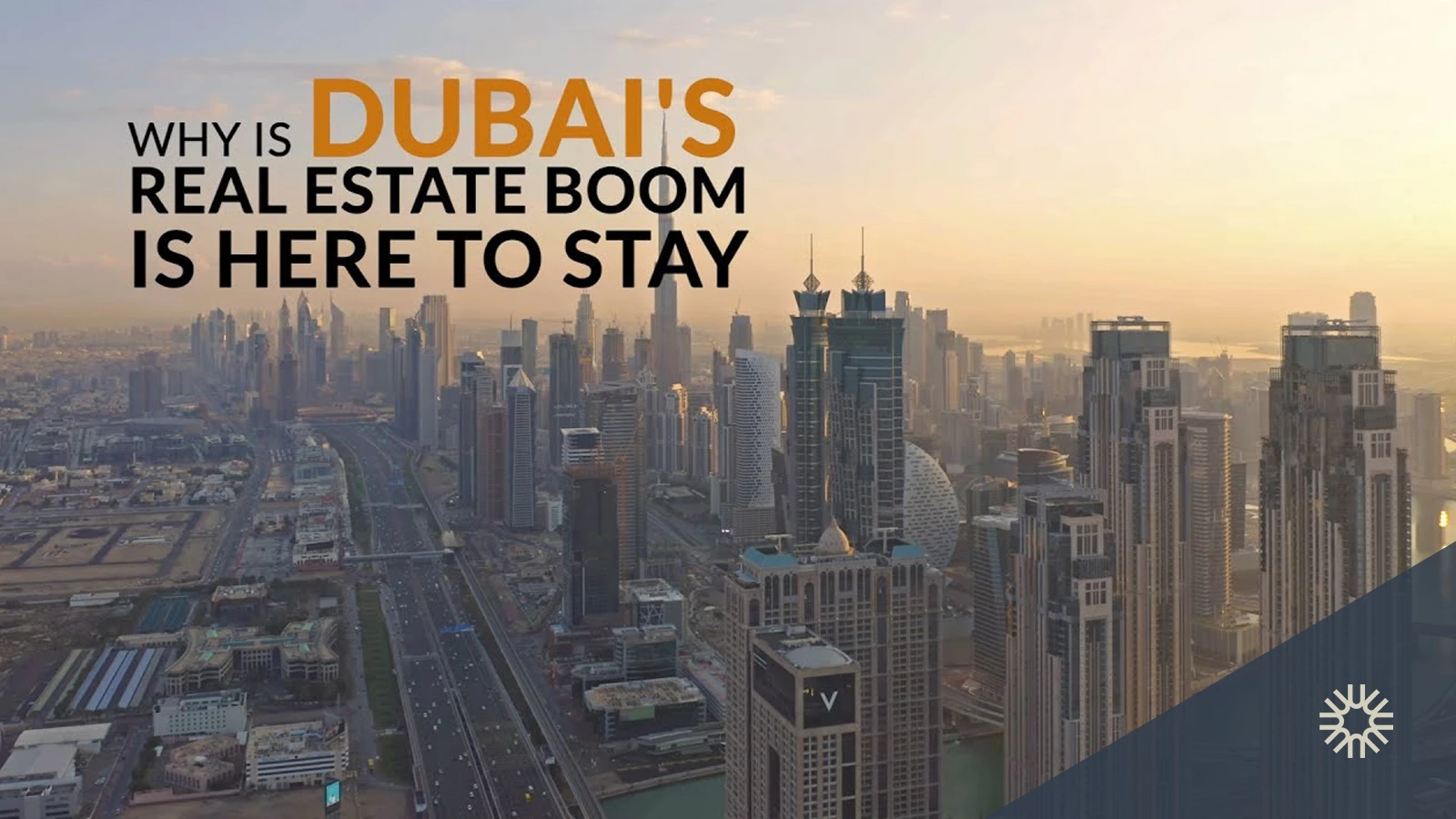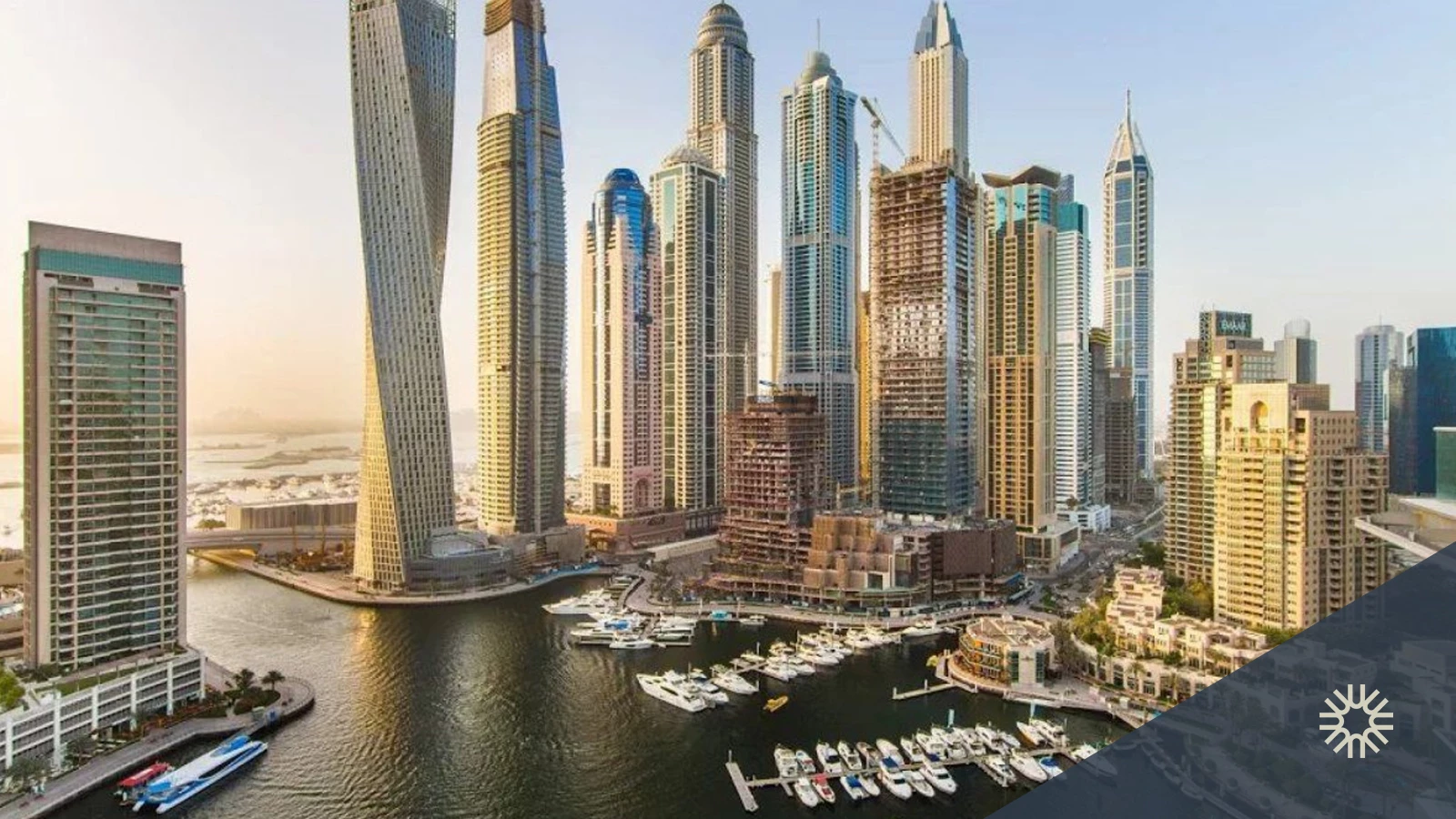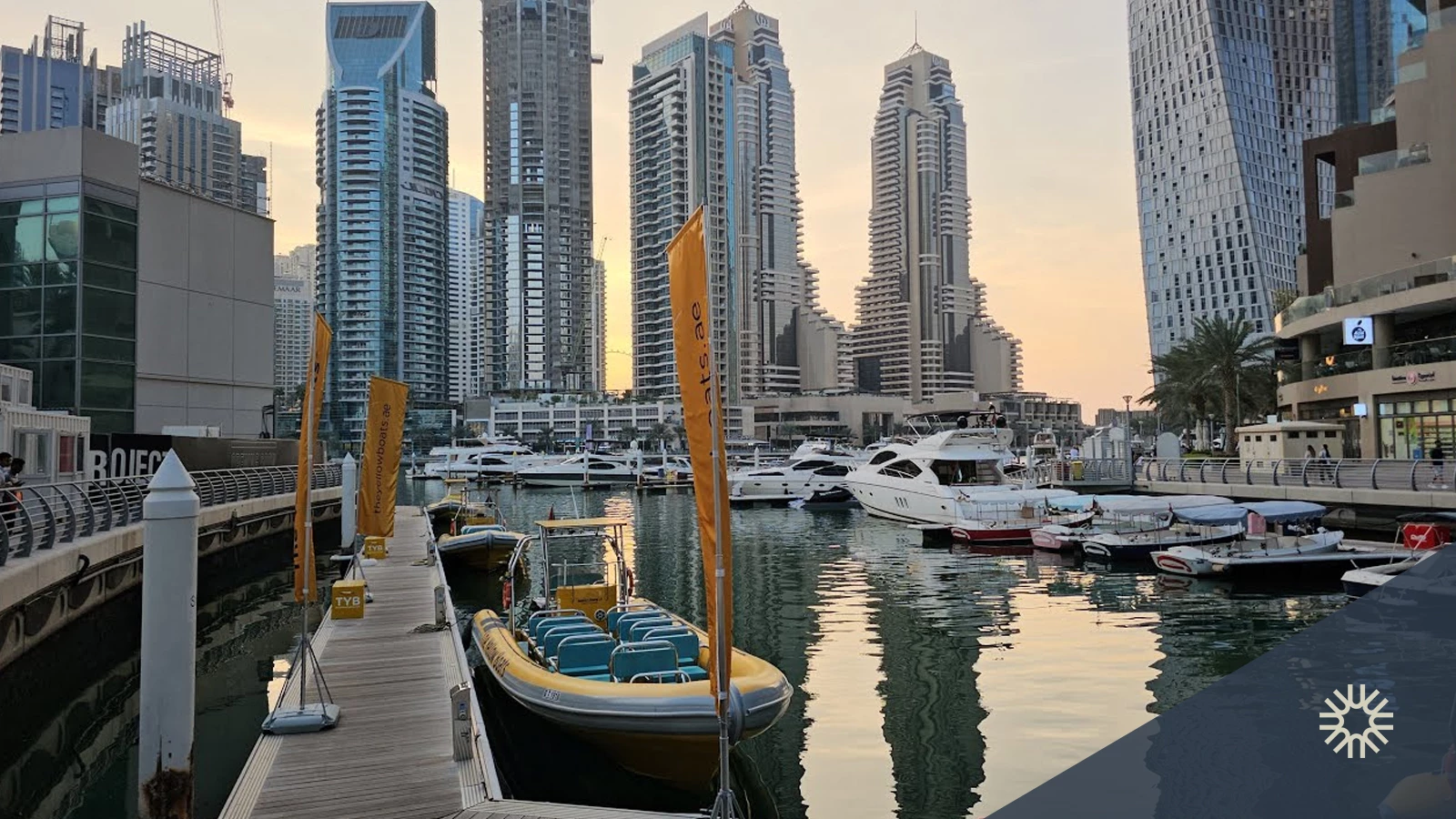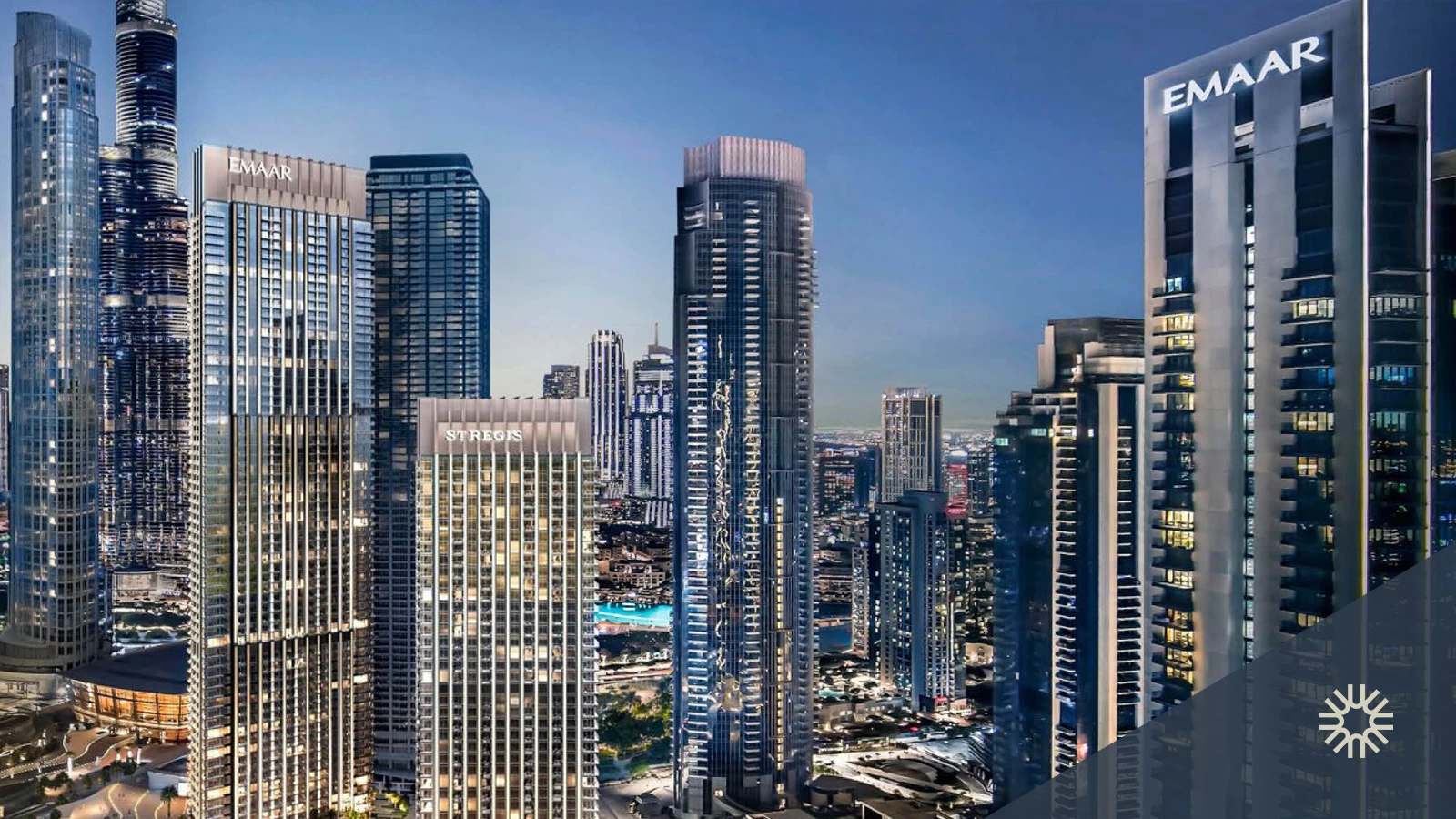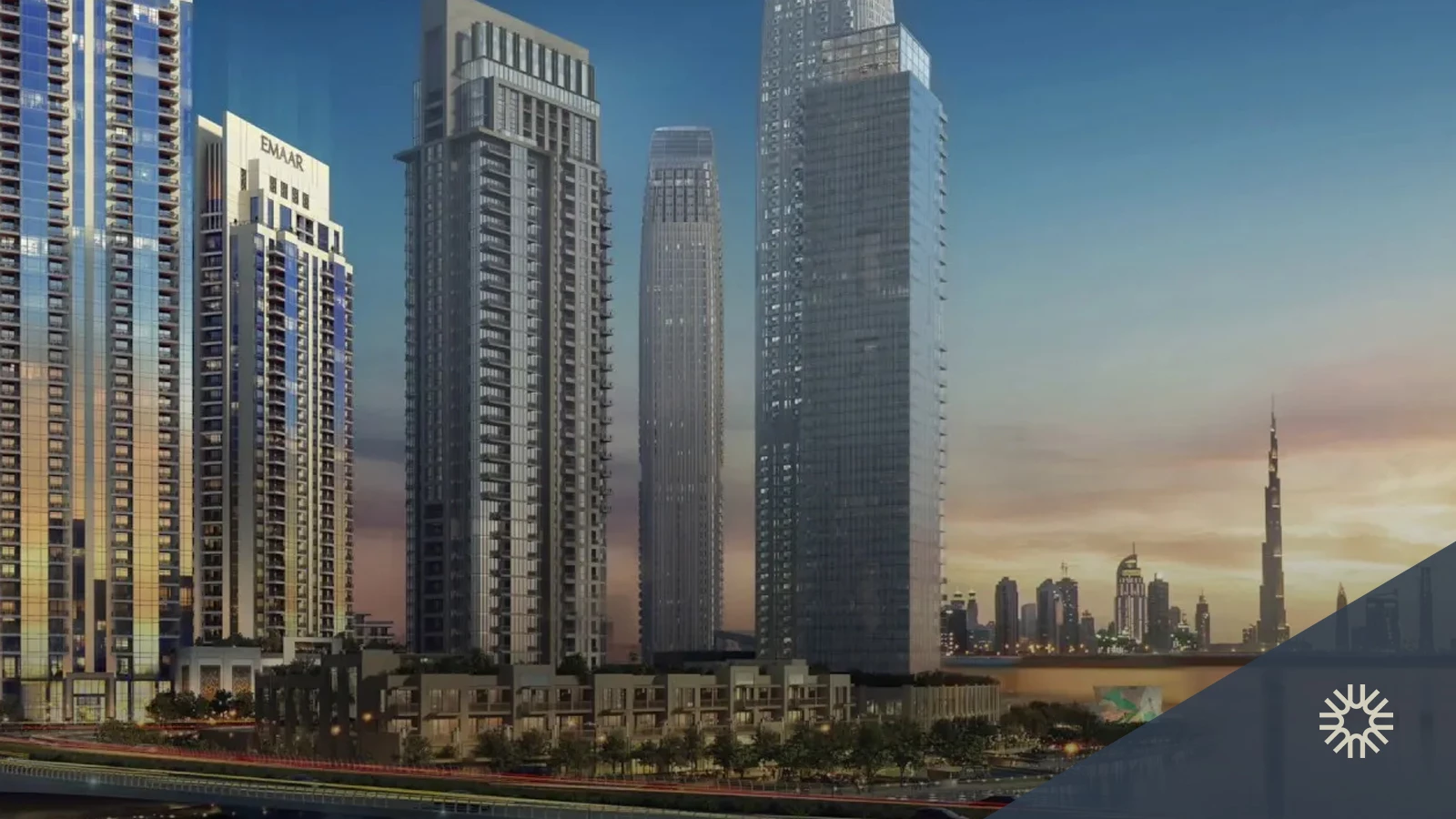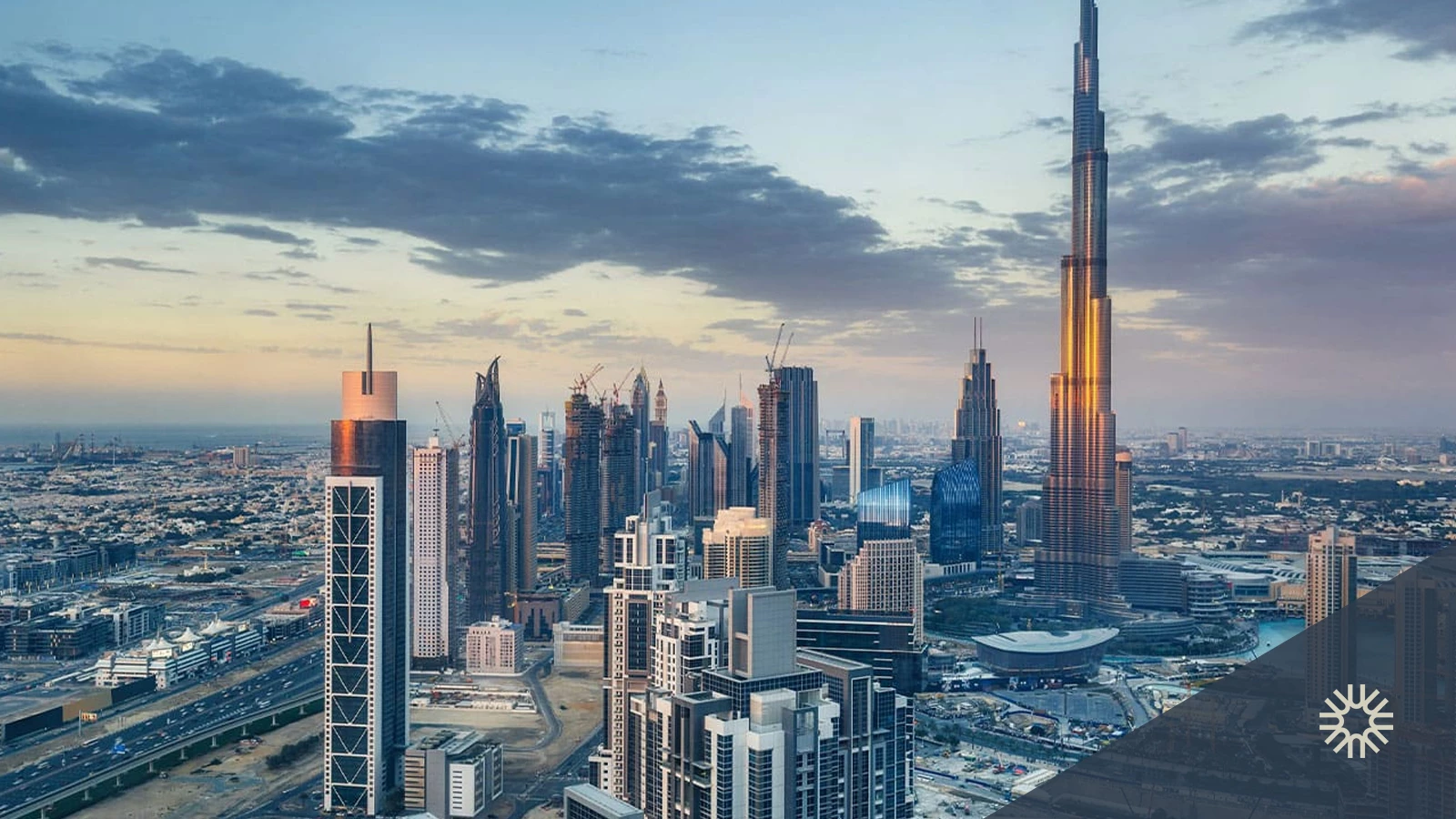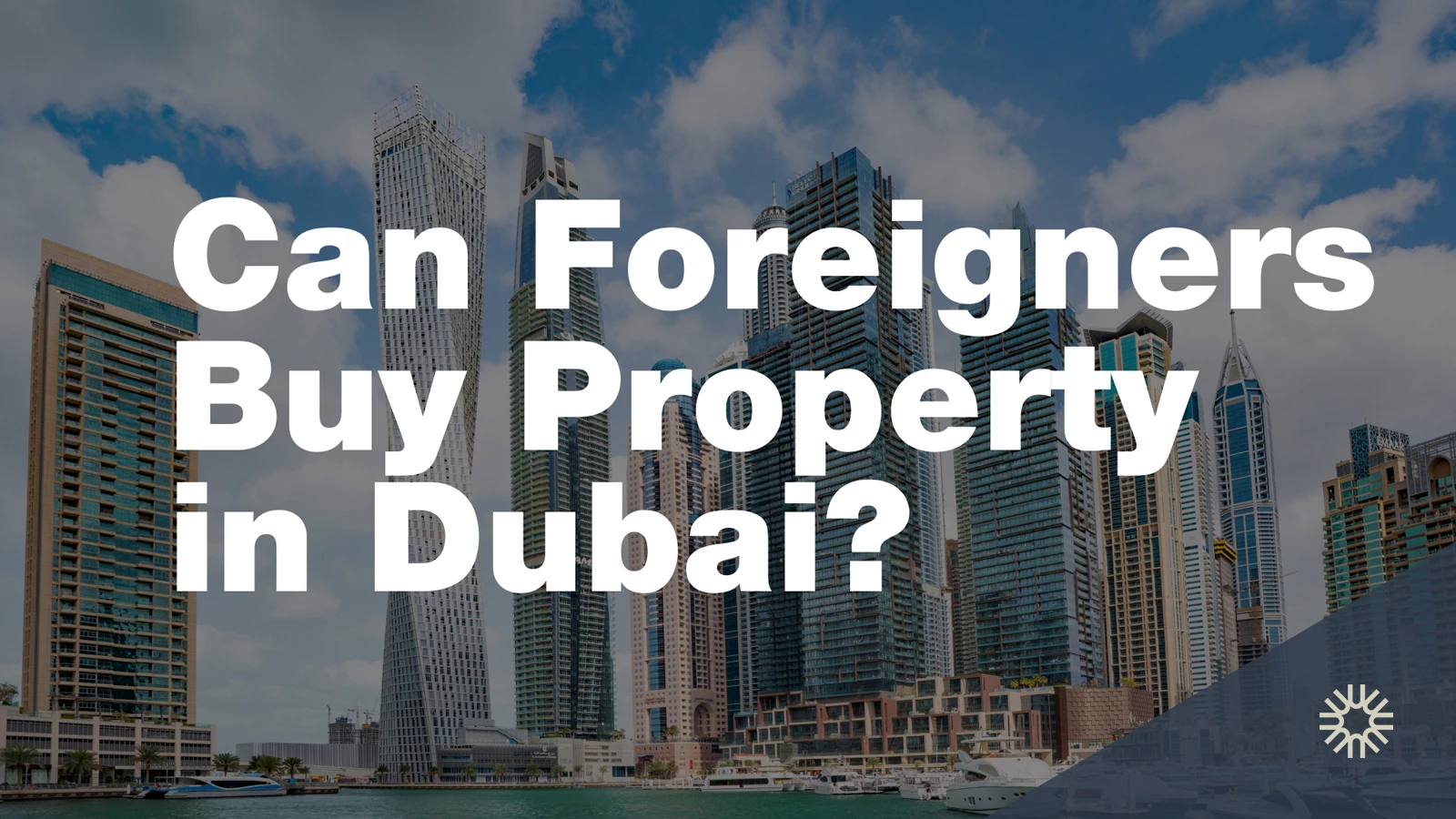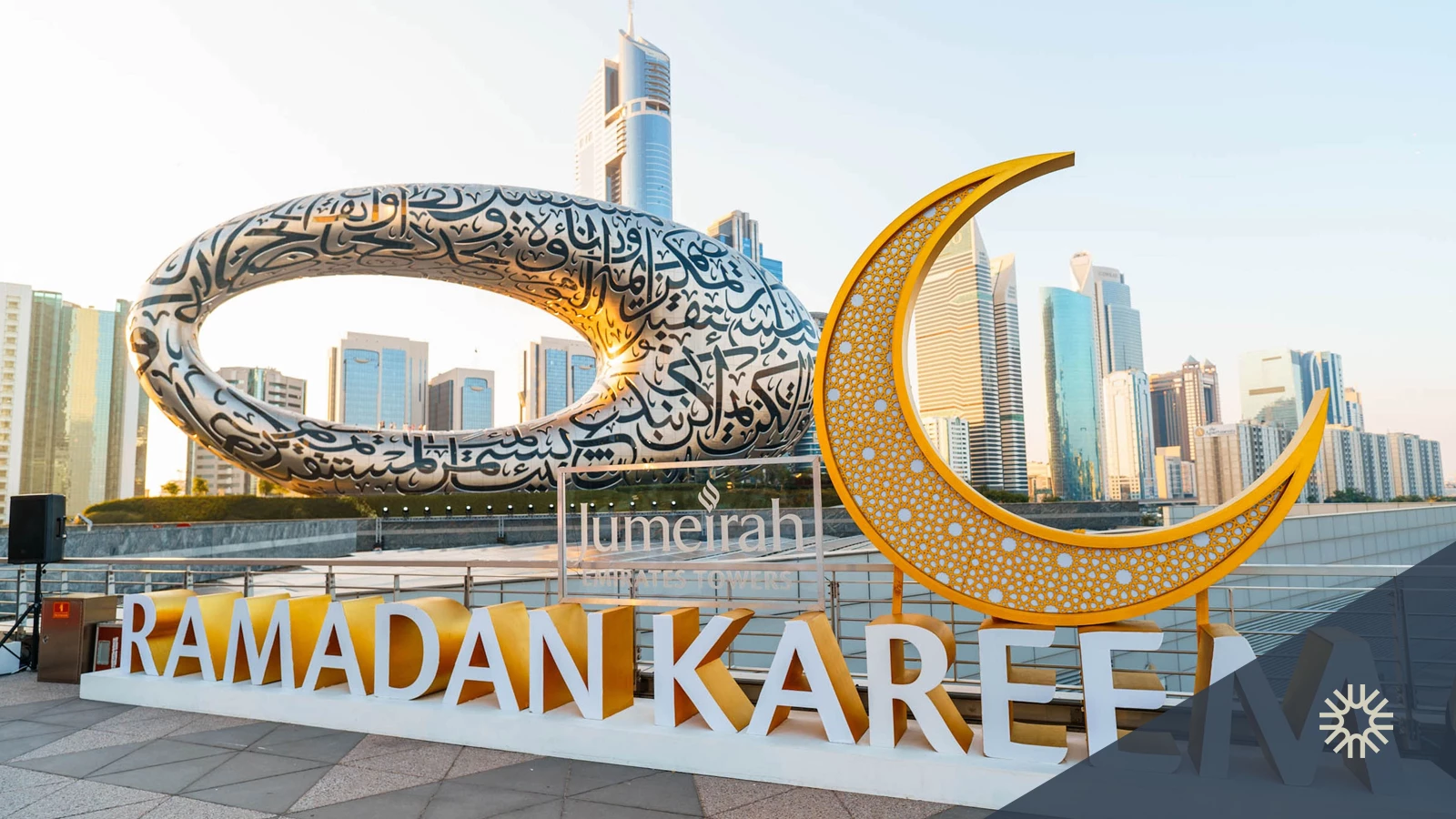Why Dubai's Real Estate Market is a Safe Haven for Investors
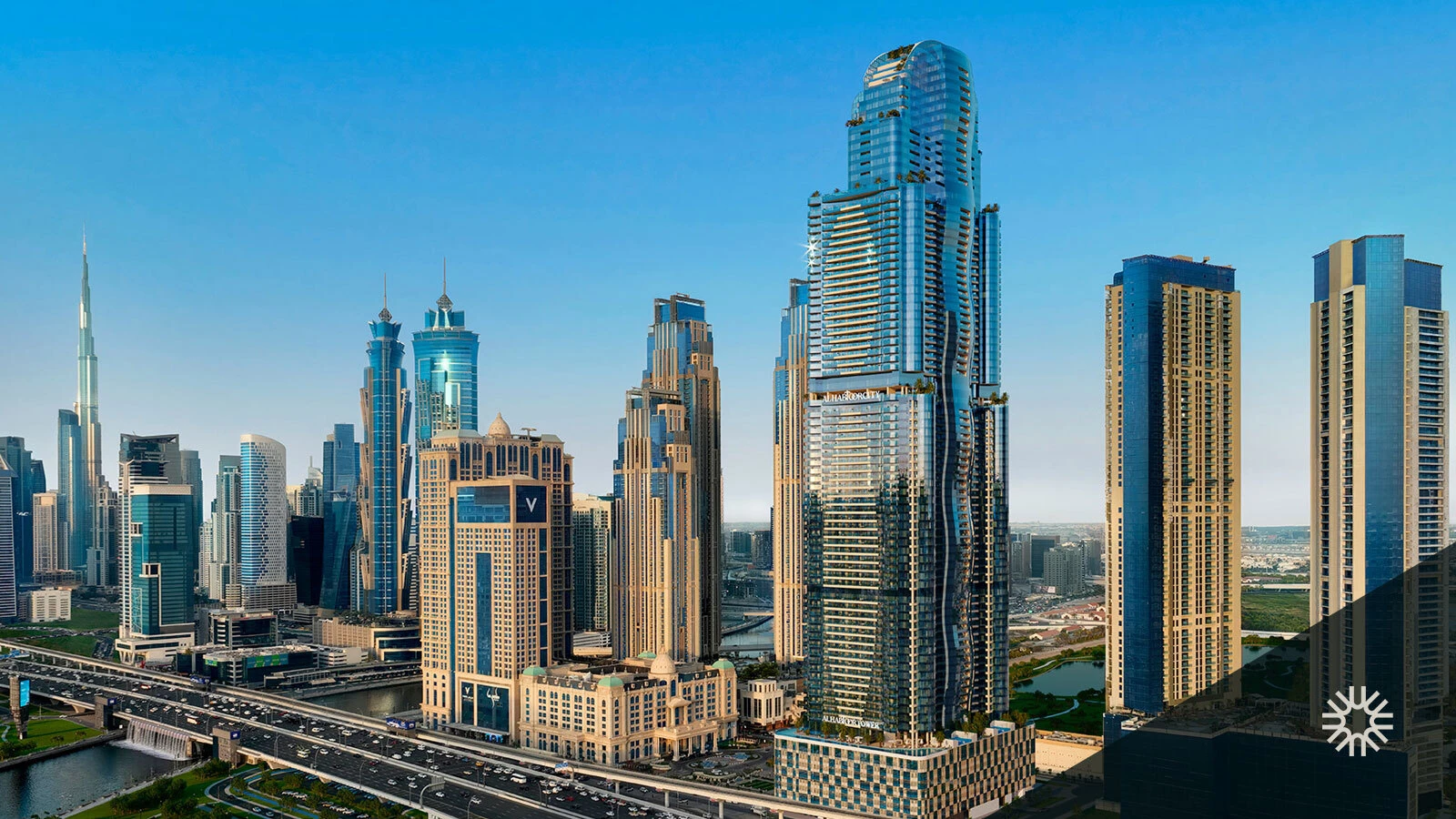
Dubai's real estate market has emerged as a safe haven for investors, drawing attention for its resilience and robust growth prospects. With a strategic location, a thriving economy, and an investor-friendly regulatory environment, Dubai stands out as an attractive option for both local and international investors.
This blog explores the factors that contribute to the stability and growth of Dubai's real estate sector, supported by the latest data and insights.
Economic Resilience and Growth
Strong Rental Yields
One of the primary reasons Dubai's real estate market is considered a safe haven for investors is the potential for high rental yields. Recent data shows that Dubai offers average rental yields of around 6.5% for residential properties, with prime locations like Dubai Marina and Downtown Dubai achieving yields as high as 7.5%. This level of return is particularly attractive compared to global averages, which typically hover around 3-4%.
Tax Advantages
The emirate's favorable tax environment further enhances its appeal. Dubai imposes no property taxes, capital gains taxes, or income taxes, allowing investors to maximize their returns. The absence of these financial burdens has made the city a magnet for international investors seeking lucrative opportunities.
Infrastructure and Development
Regulatory Framework
How to Buy a Property in Dubai?
1.Research and Selection:
Start by researching various neighborhoods and property types to find the best fit for your investment goals.2. Engage a Real Estate Agent:
A local real estate agent can provide invaluable insights and assistance throughout the purchasing process.3. Legal Documentation:
Ensure all legal documents are in order, including the sales agreement and ownership transfer documents.4. Secure Financing:
Explore mortgage options, as many banks in Dubai offer financing solutions tailored for expatriates.5. Finalizing the Purchase:
Once all agreements are made, a final payment is made, and the property title is transferred.Market Stability and Future Prospects
Sustainability and Innovation
Conclusion
In conclusion, Dubai's real estate market stands out as a safe haven for investors, bolstered by its resilient economy, high rental yields, tax advantages, and strong regulatory framework. The ongoing investments in infrastructure, along with a commitment to sustainability, further enhance the market's appeal. For those looking to secure their financial future, understanding how to buy a property in Dubai is essential. With these factors combined, investing in Dubai's real estate market presents a promising opportunity for those aiming to diversify their portfolios and achieve long-term gains.
